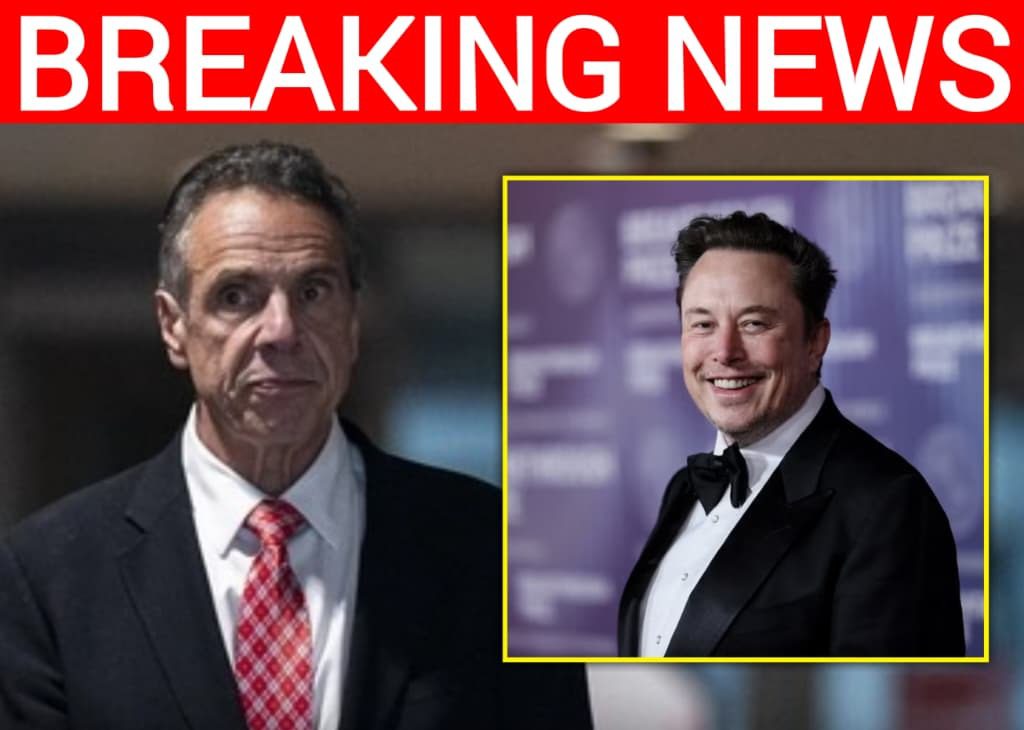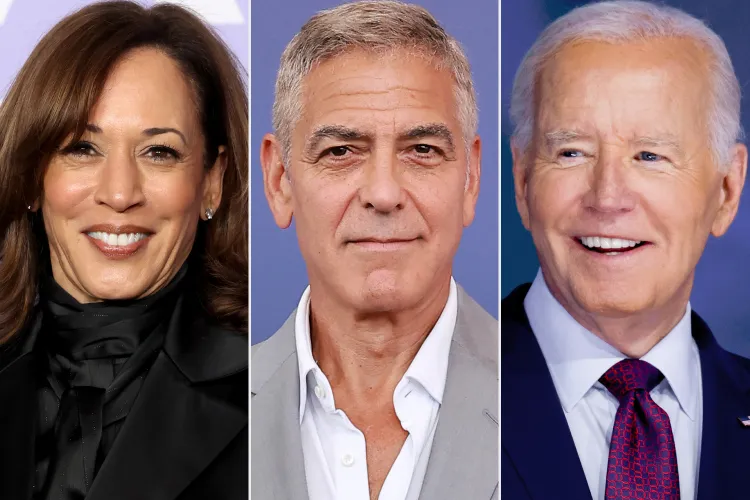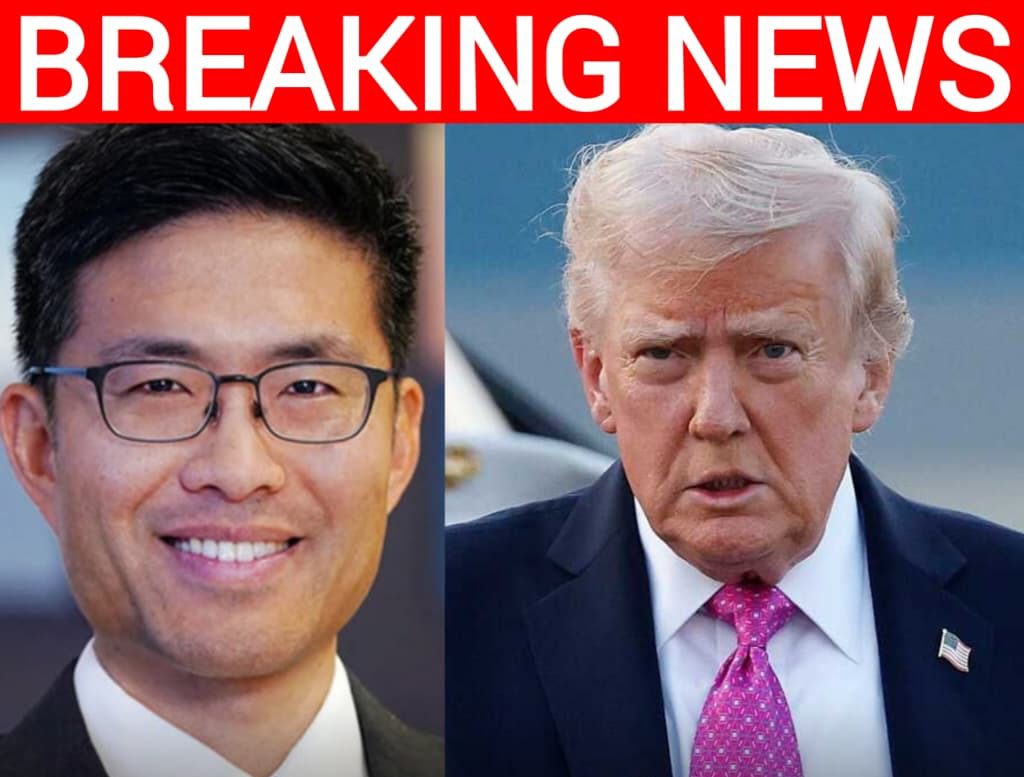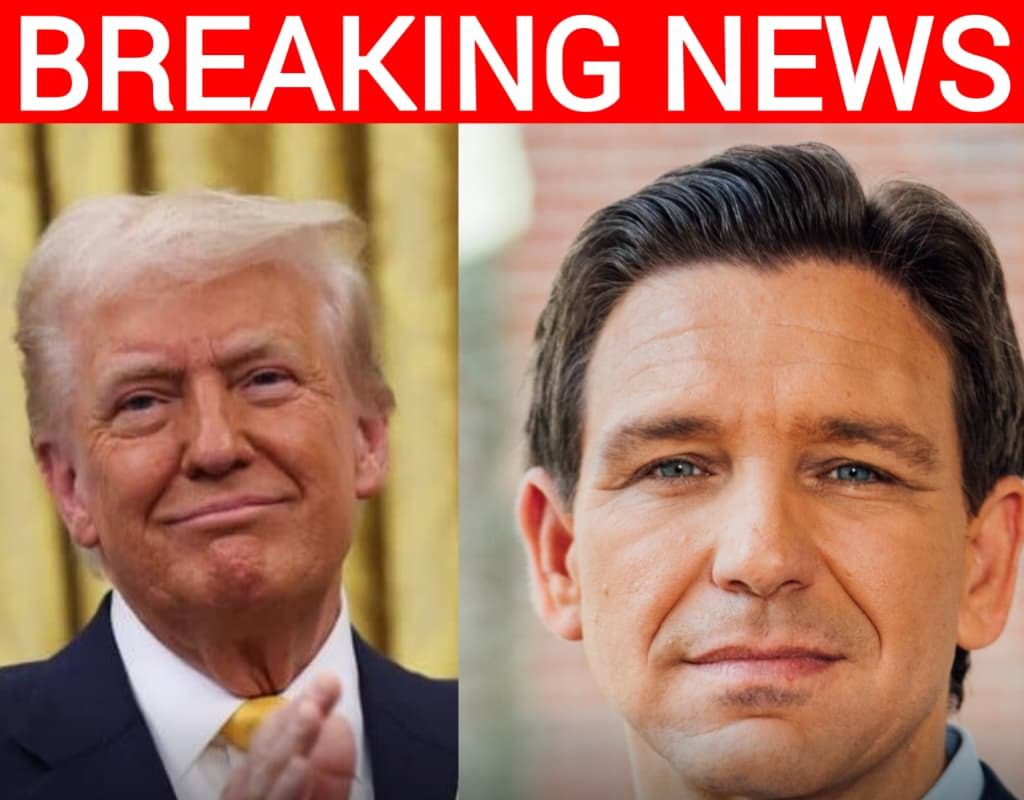Elon Musk Urges New Yorkers to Support Andrew Cuomo in 2025 Mayoral Race—Warns That Voting for Curtis Sliwa Means Helping Zohran Mamdani
In a late-breaking move that sent ripples through New York’s mayoral contest, tech titan Elon Musk stepped into what has been a fiercely competitive race and publicly urged voters to back former Governor Andrew Cuomo in the upcoming November 4 election. Musk’s message, delivered on his X account on November 3, came with an implicit critique of both the Republican nominee Curtis Sliwa and the Democratic nominee Zohran Mamdani, whom Musk characterized in dismissive terms. He wrote: “Bear in mind that a vote for Curtis is really a vote for Mumdumi or whatever his name is. VOTE CUOMO!”
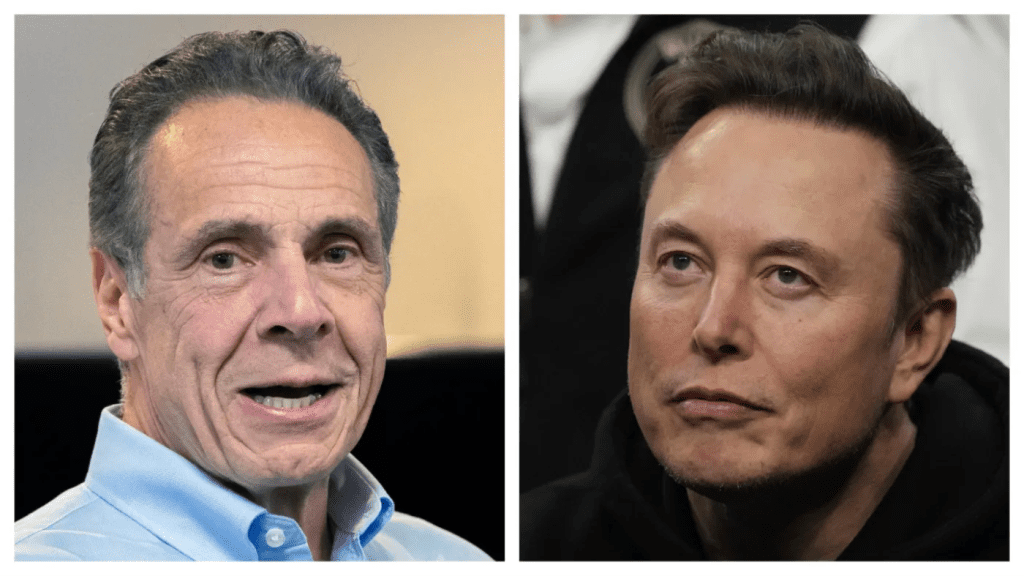
In the backdrop of this endorsement is a race with high stakes, shifting alliances, and a more moderate-versus-progressive fault line that has galvanized activists and donors alike. Zohran Mamdani, a self-described democratic socialist and state assemblyman, leads much of the polling for the 2025 mayoral election, offering a clear contrast to the more centrist, establishment-informed path that Cuomo represents. The endorsement by Musk positions Cuomo as the preferred choice of the business and tech community concerned about the direction of the city.
Musk’s public intervention is significant both for what it reveals about his political calculus and for the timing. He chose to weigh in on a municipal election that has implications beyond New York — touching on national debates about socialism, the role of business in governance, and the future of urban America. Evidence of his concerns about Mamdani had already emerged: Musk previously described Mamdani as “the future of the Democratic Party,” while also labelling him “a charismatic swindler.”
Cuomo’s candidacy itself is a notable return. After resigning as Governor of New York in 2021 amid sexual harassment allegations (which he denies), Cuomo returned to public life as an independent mayoral candidate in 2025, aiming to reclaim relevance and appeal to moderate voters across the city. The shift from that past to his current run underscores the stakes of the race: a seasoned figure backed by the establishment, versus a newer, progressive insurgent in Mamdani, and a Republican Sliwa attempting to mobilize a fragmented conservative base.
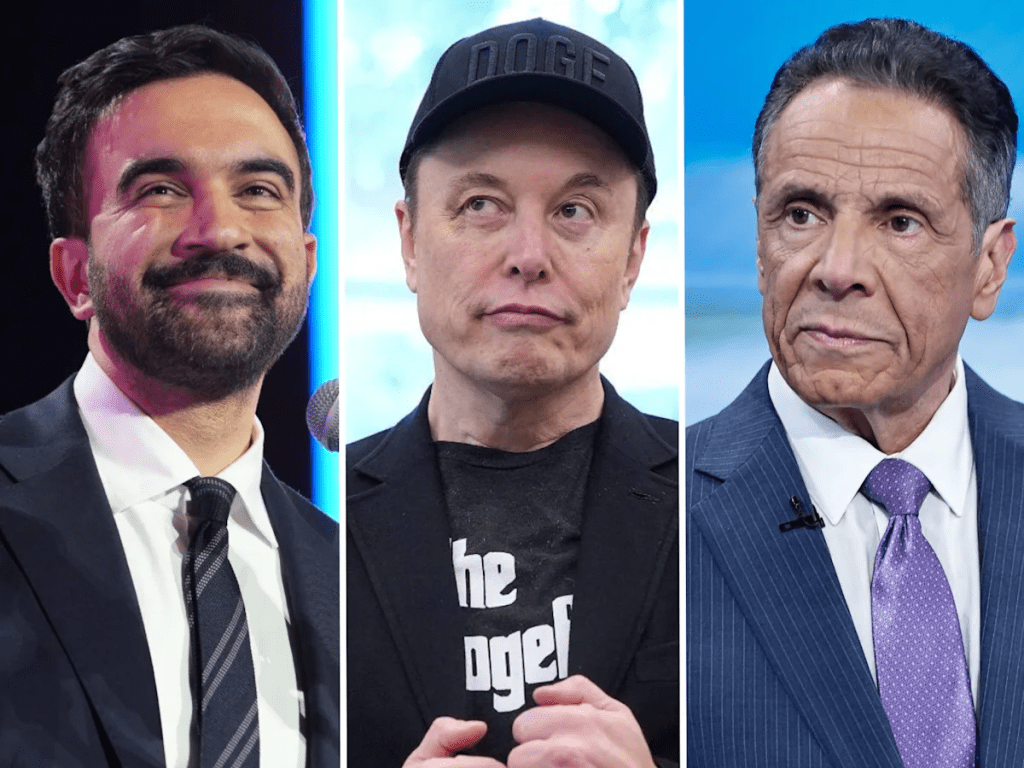
Musk’s message carried a strategic warning: by aligning his support with Cuomo and deriding Sliwa’s candidacy, he appeared to signal that he viewed Sliwa’s presence in the race not just as a standalone bid but as a spoiler that could help Mamdani win by dividing the non-progressive vote. For voters who are neither strong Mamdani supporters nor loyal to Sliwa, Musk’s endorsement makes the implicit case for consolidation behind Cuomo. In effect, he reframed the decision in the final days before polling: not simply which candidate you prefer, but which outcome you fear.
The reaction in political circles was swift. Some Sliwa supporters viewed Musk’s comments as dismissive and arrogant, suggesting the endorsement might alienate moderate Republicans. Meanwhile, Cuomo’s campaign welcomed the boost, emphasizing the endorsement as both validation and a source of fresh momentum. For Democrats already anxious about Mamdani’s lead, Musk’s backing of Cuomo suggested that the city’s business, tech and donor class may rally behind a moderate savior to block a progressive takeover.
But the endorsement also raises questions about credibility, influence and the ethics of high-profile figures stepping into local elections. Some observers cautioned that Musk’s public voice in the race could raise concerns about outsized influence of wealthy individuals in democracy. Others noted that while high-profile endorsements can make headlines, they do not always shift voter behavior — especially in a city as diverse and ideologically fragmented as New York.
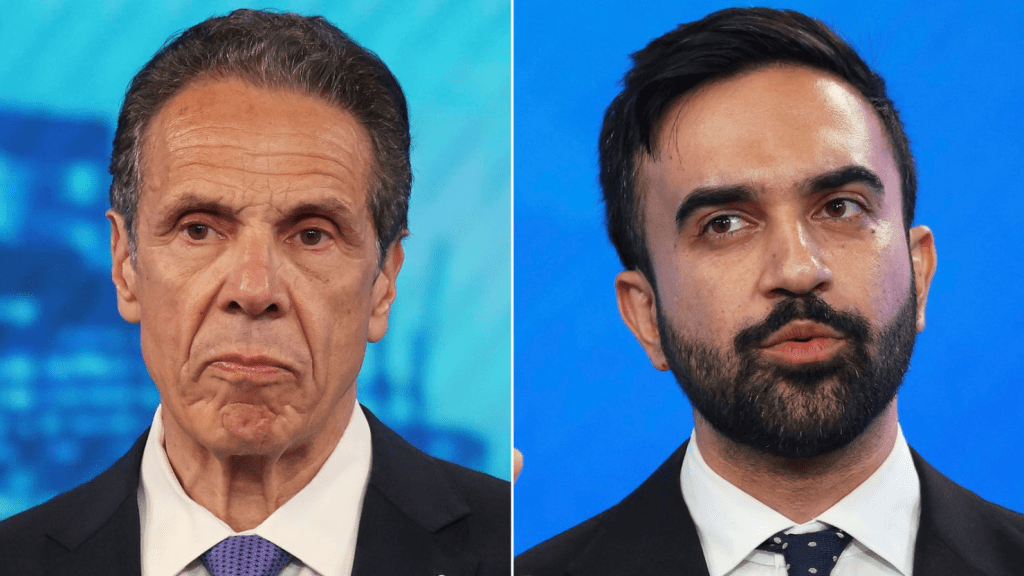
For Cuomo, the endorsement offers both an opportunity and a test. He must now convert this moment into ground-game traction: reaching voters in every borough, engaging communities of color, and articulating how his experience as governor and focus on governance will translate into better quality of life in the city. For many New Yorkers wary of Mamdani’s progressive agenda, Musk’s intervention may reinforce the case that Cuomo is the safer bet. For Mamdani supporters, however, it may validate their criticisms of the establishment — and fuel their campaign’s messaging of change from above.
From Musk’s vantage point, his vote of confidence in Cuomo also aligns with his wider political posture: skepticism of socialist policies, support for market-driven innovation, and concern about urban governance. If Cuomo were to win with Musk’s backing, it could bolster the narrative that business and tech elites remain central to the policy direction of American cities. Conversely, if despite Musk’s endorsement Cuomo fails to gain sufficient votes, it might suggest a declining sway of billionaires in shaping electoral outcomes—especially in a city where local concerns of housing, crime, policing and cost of living often override national narratives.

For voters in New York, the endorsement injects one more dynamic into an already complex decision matrix. Should they heed the call of one of the world’s richest men and align behind a former governor, or should they cast their ballot based on local priorities, progressive momentum or conservative alternatives? Some voters may view Musk’s intervention as helpful guidance; others may regard it as interference. Nonetheless, the endorsement has changed the tonal texture of the closing campaign — from a typical mayoral race to a broader referendum on who controls the city’s direction.
Musk’s blunt language — “Mumdumi or whatever his name is” — underscores the urgency he feels. It conveys impatience with what he considers radical change that could unsettle the fabric of a city that has long been the global stage for American ambition. It also reveals a rhetorical strategy of simplification: a clear binary choice — consolidate behind the moderate or risk a swing to the progressive left. Whether that binary holds in the minds of New York voters remains to be seen.
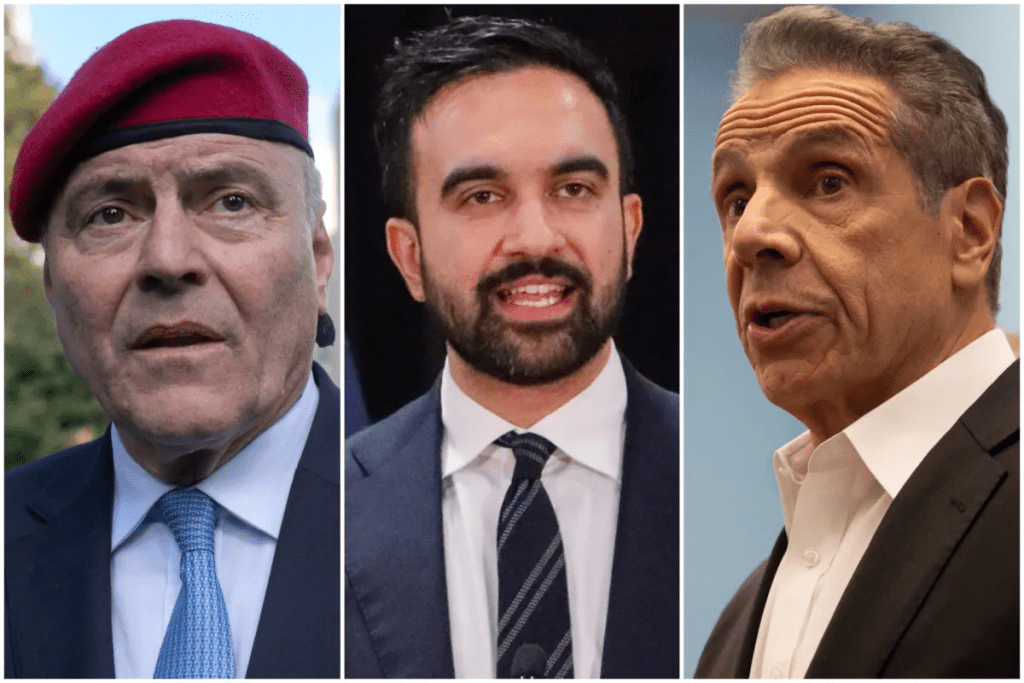
In the final analysis, Musk’s backing of Cuomo may serve as a catalyst rather than a guarantee. It gives Cuomo a high-profile boost and frames the vote in terms of strategic choice more than policy nuance. But elections are not won by tweets alone; they are won at the neighborhood level, in conversations, in door-knocks and local trust. If Cuomo can harness this endorsement, convert it into votes and demonstrate relevance to everyday New Yorkers, the endorsement may prove pivotal. If not, it may become just another footnote in a campaign that already features surprise alliances, dramatic fundraising and ideological tension.
As New York City heads into Election Day, the Musk-Cuomo moment serves as a powerful reminder of how urban politics today are colonized by national narratives, new power brokers and high-stakes contests where every vote carries symbolism. For voters wrestling between hope for change, fear of disruption or loyalty to tradition, Musk’s direct comment invites reflection: whom do you trust to lead, and who do you trust influences you? In a city that thrives on reinvention and reinvention’s promise, the answer may come not just from who people vote for, but why they vote.
